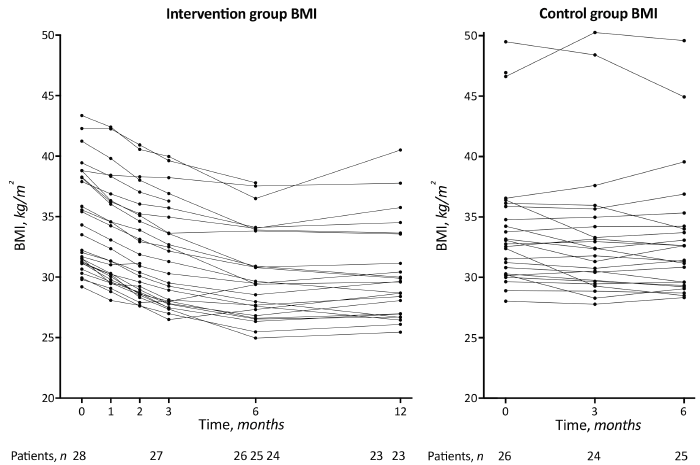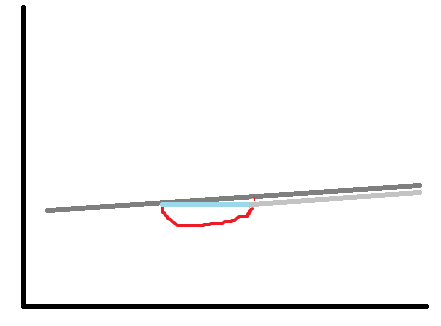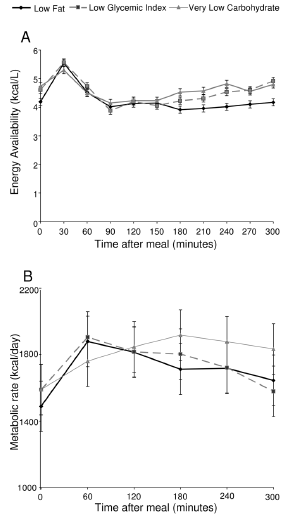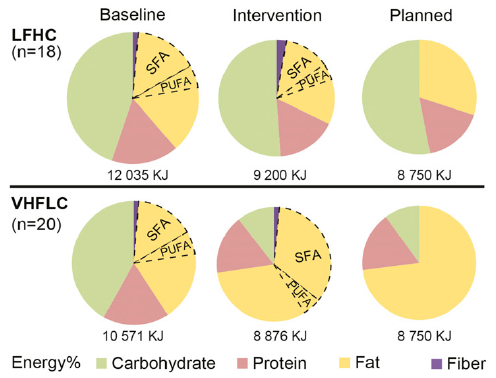The Motherwell Studies
Around 50 years ago a group of expecting mothers were asked to increase their meat intake to about a pound a day and cut out the carbs (Campbell et al., 1996). They assessed a variety of traits of the infants and again when they were all grown up.
The babies were healthy, but as adults they tended to have higher blood pressure (Shiell et al., 2001), higher cortisol response to stress especially if the diet was also low in green vegetables (Reynolds et al., 2007), and modestly worsened glucose tolerance (Reynolds et al., 2007).








